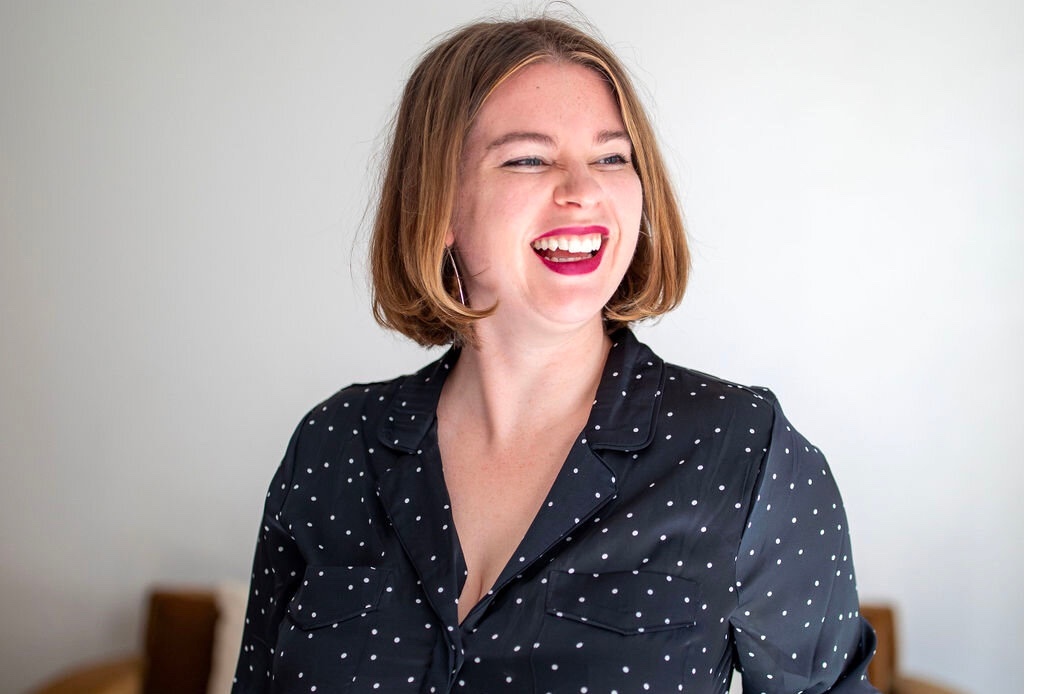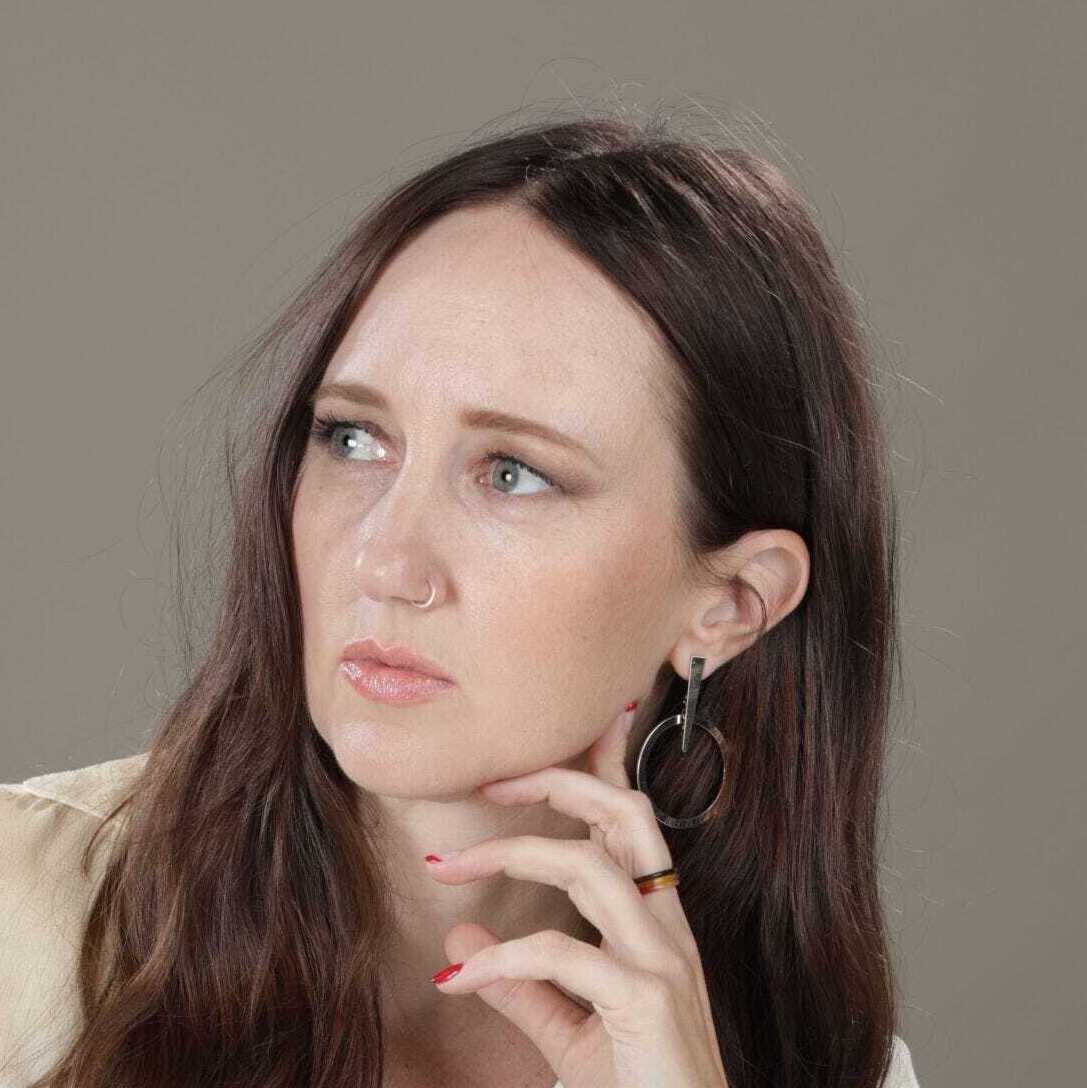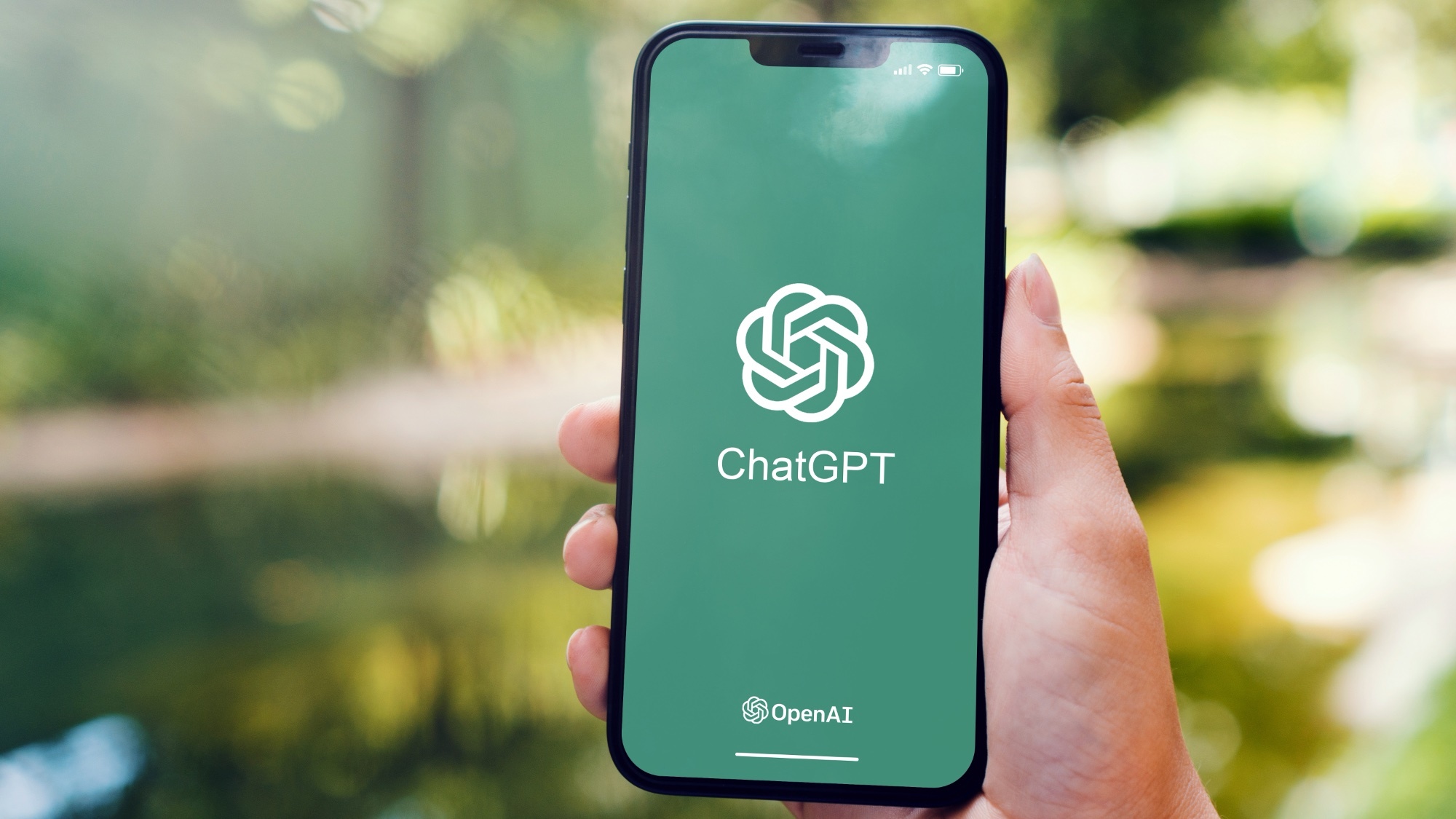This TikTok star saved $100K before age 25 — here are her tips
These financial lessons from Tori Dunlap can help you improve your financial future

Wealth isn't just for the boys. And it's not just for bankers, boomers or anyone who's traditionally considered a financial insider.
Tori Dunlap, Founder of Her First 100K, proves it every time she shares a financial advice video with her 2.1 million TikTok followers.
The social media influencer, entrepreneur and self-titled financial educator says she's not using her platform to cut men out of the conversation, but rather to bring women in.
And there's plenty of evidence of the need for financial role models who are women. In 2021, a study on gender and financial literacy found that women lack confidence in their financial knowledge, and underestimate how much they know. The same year, 77% of all Certified Financial Planners were male.
Dunlap's brand of content flips the script. She says that women (or any marginalized group) being financially educated is the best form of protest. "If I can help [followers] use money to gain independence, then I'm fulfilling my purpose. I care about helping women become their best and most financially secure selves," Dunlap says.
TikTok gives the founder a unique opportunity to share her message. To skeptics of the platform, she says, "Social media allows creators like me to meet folks where they are, and give them education in an accessible and non-intimidating way. They want to learn from someone who’s honest but not a shaming jerk."
The influencer doesn't give financial advice — she's not a licensed advisor or educator — but she uses her digital marketing background to disseminate solid money management tips to millions of consumers.
Sign up to get the BEST of Tom's Guide direct to your inbox.
Get instant access to breaking news, the hottest reviews, great deals and helpful tips.
Who is Tori Dunlap?
Dunlap became an entrepreneur at the age of nine, when she used a $300 loan from her dad to buy her first candy vending machine. The influencer says she owned 15 of them by high school.
In 2016, Dunlap gained a following while blogging about her progress toward a lofty financial goal: saving $100k by the age of 25. She gave herself three years to reach the goal, but it took only two.
Dunlap saved six-figures by taking on a side hustle, increasing her salary and putting 22% of her paycheck directly into savings. She eventually increased the amount to 27%. Dunlap also acknowledges that having no student loan debt played a major role, along with her early exposure to financial concepts.
The soon-to-be influencer eventually left her day gig to start a full-time business as a financial coach and career coach, and in 2021, Her First $100k grossed $3.4M.
In addition to producing social media content, Dunlap develops courses and teaches webinars, she's published a book, and she co-founded Treasury, an investing education platform with an investment tracking app for members of the Her First $100K community. She also hosts a podcast called the Financial Feminist.
5 best financial lessons from Tori Dunlap
Tori Dunlap may not give financial advice, but she models a new lifestyle afforded through financial wellness.
1. Don't view yourself as a financial outsider
Women often underestimate how financially literate they are, but financial wellness is for you whether you're a woman, a low-income earner or otherwise.
Dunlap says that when it comes to investing, women are often too intimidated to get started, or feel they don't earn enough money. "You don’t need a lot of money to get started. If you have around $100, that’s all you really need to begin."
2. Set (big) goals
Dunlap was only earning $55,000 a year when she set out to save $100,000 in 36 months. She says that after reading about someone else who did the same, "I crunched my numbers and was like, 'Okay, if I hunker down, I think I can do that too.'"
Dunlap demonstrates that we're capable of more than we think. Not everyone can save five figures a year, but committing to a big financial goal — and sharing your journey with others — could accelerate your progress.
3. Start setting money aside now
"Start where you are," says Dunlap. Even if it's just a small amount, the best time to start putting money aside is now. She suggests having a money date with yourself to review your budget, take a look at your spending and set priorities.
If you have money left after paying for living expenses, Dunlap says your first priority should be reaching financial security milestones. She recommends the following:
- Start with an emergency fund. If you don't have at least three months of living expenses in savings, start here. Designate a portion of your income to automatically deposit into a high-yield savings account each paycheck, even if it's just $25.
- Pay off high-interest debt. Put extra money toward paying off your highest APR debt — usually its credit cards. "It's costing you more money than you could be earning elsewhere," Dunlap says, so carrying high-interest debt will eat away at your savings and investment earnings.
- Contribute to retirement. "Put your money into an account, like a 401(k), IRA, or brokerage," she says, and make sure you're buying index funds or stocks, so the money actually grows.
4. Decide what you DO want to spend money on
Spending money isn't always a problem, according to Dunlap. "I want you to spend money on things that you actually like and things that bring you joy," she said in a video she posted in June.
After covering living expenses and savings goals, Dunlap says the rest should go to personal priorities, including the things that give you joy, like travel or entertainment. Before spending money, she recommends asking if the purchase aligns with your values.
5. Hone your negotiating skills
"You could be earning a million more dollars over your lifetime," says the Her First $100K website, if you learn how to negotiate. That's because it can set you up to earn more money in every role, for the rest of your career.
Even if you're intimidated, you can avoid leaving money on the table by preparing and practicing, and viewing negotiations as an opportunity to collaborate, says Dunlap, who offers a free workshop on the subject. By her definition, successful negotiation doesn't necessarily mean getting the answer you want, but rather being well-prepared and thoughtfully asking for more money.

Sarah Brady is a personal finance writer and educator who's been helping individuals and entrepreneurs improve their financial wellness since 2013. Sarah's other publications include Forbes, TIME's Next Advisor, Investopedia and Experian, and her work has been syndicated by Yahoo! News and MSN. She is a former educator for the City of San Francisco’s affordable home buying programs, as well as a former Certified Credit Counselor (NFCC) and Housing Counselor (HUD).
